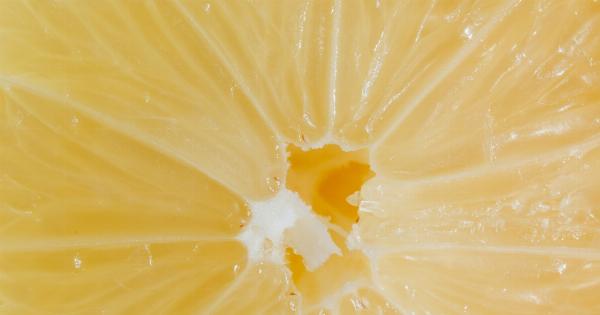Endometriosis is a chronic condition that affects millions of women worldwide. It occurs when the tissue similar to the lining of the uterus, known as endometrium, grows outside the uterus.
This condition often leads to severe pelvic pain, infertility, and other complications. While there are various treatment options available, including medications and surgery, some natural remedies are also gaining attention.
One such remedy is leaves with antimicrobial properties, which have shown promising results in helping to treat endometriosis.
Understanding Endometriosis
Before delving into how leaves with antimicrobial properties can assist in treating endometriosis, it’s crucial to understand the condition itself.
Endometriosis occurs when the endometrial tissue starts growing on organs outside the uterus, such as the ovaries, fallopian tubes, and even the intestines. These abnormal growths of tissue can cause inflammation, scarring, and adhesions in the affected areas.
The exact cause of endometriosis remains unclear, but several theories suggest hormonal imbalances, genetic predisposition, and immune system dysfunctions as potential contributing factors.
Regardless of the underlying cause, the symptoms of endometriosis can have a significant impact on a woman’s quality of life.
The Role of Antimicrobial Properties
Antimicrobial properties refer to the ability of certain substances to inhibit or kill microorganisms, such as bacteria, viruses, and fungi.
Leaves containing antimicrobial compounds have been used for centuries in traditional medicine to combat various infections and promote healing.
Researchers have found that some leaves with antimicrobial properties can be effective in reducing inflammation and preventing the growth of certain pathogens.
By leveraging their antimicrobial properties, these leaves could potentially benefit individuals with endometriosis.
Leaf Varieties with Antimicrobial Properties
Several leaf varieties have been studied for their antimicrobial properties. While more research is needed to establish their direct impact on endometriosis, preliminary studies have shown promising results.
1. Green tea leaves
Green tea leaves have long been praised for their numerous health benefits. They are rich in catechins, which possess powerful antioxidant and antimicrobial properties.
Some studies have suggested that green tea catechins may inhibit the growth of endometriotic lesions and reduce inflammation associated with this condition.
2. Neem leaves
Neem leaves have been used in traditional medicine in India for centuries. They contain compounds with potent antimicrobial, anti-inflammatory, and immunomodulatory effects.
Neem leaves have been shown to inhibit the growth of common pathogens and modulate the immune response. These properties may help reduce inflammation and provide relief for individuals with endometriosis.
3. Basil leaves
Basil leaves, commonly found in many cuisines, also possess antimicrobial properties. The essential oil derived from basil leaves contains compounds that have shown inhibitory effects against various bacteria and fungi.
Basil leaves may exert their antimicrobial effects locally within the pelvic area when consumed or used in essential oil form.
4. Oregano leaves
Oregano leaves are known for their strong antimicrobial properties. They contain compounds such as carvacrol and thymol, which have been found to exhibit antibacterial, antifungal, and antiviral activities.
These properties make oregano leaves a potential natural remedy for individuals with endometriosis.
5. Turmeric leaves
Turmeric leaves are widely recognized for their anti-inflammatory properties, primarily attributed to the presence of curcumin. Curcumin has been extensively studied for its antimicrobial effects and ability to modulate the immune response.
While more research is needed, turmeric leaves may offer potential benefits for individuals with endometriosis.
Utilizing Leaves with Antimicrobial Properties
While incorporating leaves with antimicrobial properties into your diet may offer potential benefits for individuals with endometriosis, it’s crucial to consult with a healthcare professional before making any significant changes to your treatment plan. These leaves should be used as complementary therapies and should not replace medical intervention.
Here are a few ways to incorporate leaves with antimicrobial properties into your routine:.
1. Tea infusions
Steep dried leaves in hot water to create a flavorful and health-boosting tea. Green tea, basil leaves, and oregano leaves are particularly suitable for tea infusions.
2. Cooking
Add fresh or dried basil leaves, oregano leaves, or turmeric leaves to your meals for an extra kick of flavor and potential health benefits.
3. Essential oils
Explore the use of essential oils from neem leaves or basil leaves by diluting them and applying topically to the lower abdomen. Always perform a patch test before applying essential oils to ensure you don’t have any adverse reactions.
Conclusion
Leaves with antimicrobial properties offer a potential natural remedy for individuals with endometriosis.
While more research is needed to establish their direct impact on endometriosis, these leaves have shown promising antimicrobial, anti-inflammatory, and immune-modulating properties. Incorporating them into your routine, alongside medical treatment, may provide additional relief and support in managing this chronic condition.





























